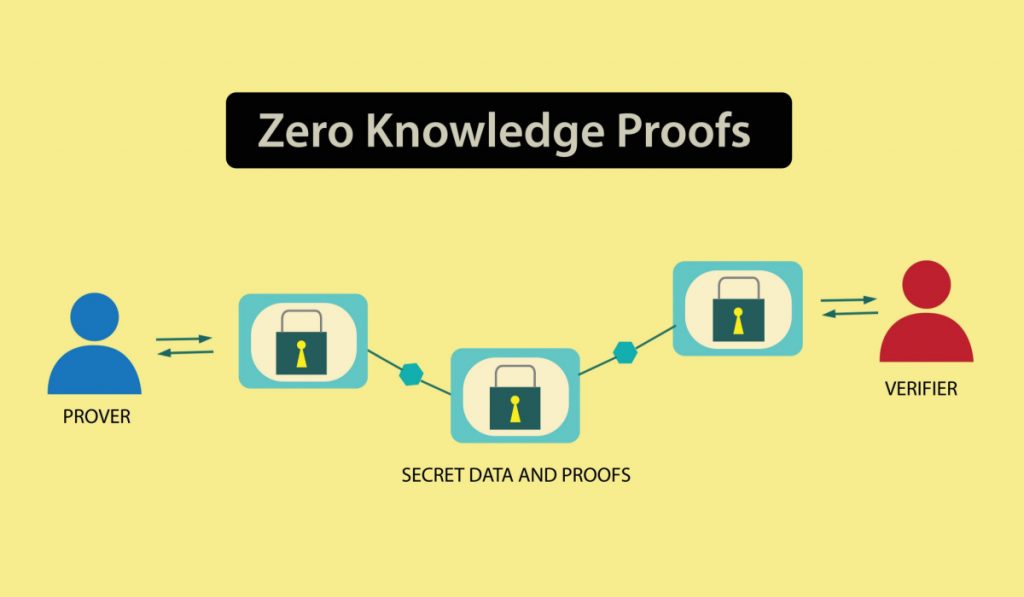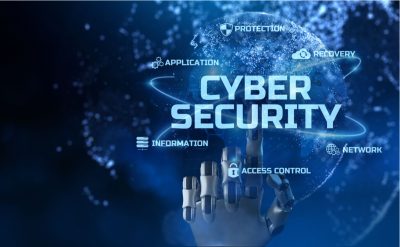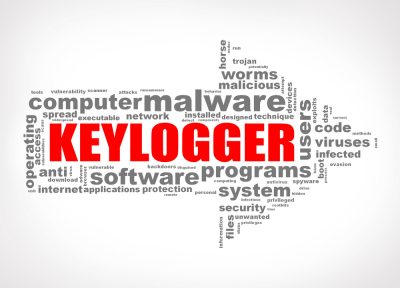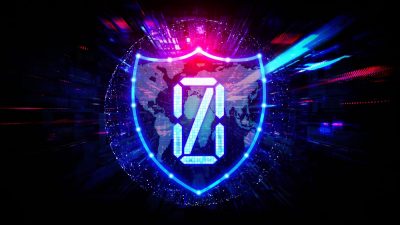Highlights:
- Zero-knowledge proofs (ZKP) is a cryptographic method that enables authentication without revealing the information that could be compromised.
- Zero-knowledge proofs can be used to protect data privacy in a diverse set of use cases.
Millions of consumers use the internet daily to browse, accept cookies, and provide personal data in return for services and digital goods. No wonder they are susceptible to increasing security flaws and unauthorized data usage. Zero-knowledge proofs (ZKP), a collection of technologies that enables an information item to be confirmed without divulging the data that shows it, allows businesses to protect sensitive data. ZKP provides a safe approach to benefit from the data-based economy’s promise without sacrificing privacy.
So, let us get into the journey of understanding the basics of zero-knowledge proofs in detail.
What Are Zero-Knowledge Proofs?
Zero-knowledge proofs (ZKP) is a cryptographic method that enables authentication without revealing the information that could be compromised. This method was first introduced by researchers from MIT in a 1985 research paper.
ZKP revolves around the prover (party) convincing the verifier (the other party) that they know or own private information – may be a credit card number, password or PIN – without revealing the details of the information. The actual credentials are neither transmitted to nor stored on an authentication server. Basically, A ZKP examines a probable situation – meaning what it proves is not certain, but the chances of the probability reaching near certainty are high as the process is repeated as much is required.
Zero-knowledge proofs have gained much significance and are now used in several real-world applications.
Why Do We Need Zero-Knowledge Proofs?
Zero-knowledge proofs were a significant development in the field of applied cryptography because they promised to enhance the privacy and security of personal data—for example, imagine how you would prove a claim to some other party. You would need to have some kind of evidence to prove your point.
But this approach is rife with problems, most notably the lack of privacy. Personally Identifiable Information (PII) shared with third-party services is stored in central databases, vulnerable to hacks, and lacks privacy. With identity theft becoming a growing issue now, requests for additional privacy-protecting ways to share sensitive information have been requested.
Zero-knowledge proofs offer a solution by doing away with the need to reveal information to validate assertions. The zero-knowledge protocol utilizes a statement as input to construct evidence of its validity. This proof ensures a statement’s truth without revealing the information at the source.
For example, the zero-knowledge proof is the only necessary evidence to verify your citizenship claim. The verifier just needs to examine specific proof characteristics to be convinced that the underlying assertion is true.
Properties of Zero-Knowledge Proofs
As discussed above, ZKP allows you to verify the truthfulness of a statement without the need to dispense the content of the statement or disclose how the truth was discovered. To do this, zero-knowledge protocols depend on algorithms that input data and return ‘true’ or ‘false’ as output. At the core, a zero-knowledge protocol must be able to fulfil the following criteria:
Completeness: The zero-knowledge protocol always returns “true” if the input is legitimate. Therefore, the evidence can be accepted provided the underlying claim is accurate and the prover and verifier are sincere.
Soundness: In case of invalid input, it is practically impossible to turn the zero-knowledge protocol to true. This means a dishonest prover cannot trick an honest verifier into believing that an invalid statement is valid.
Zero-knowledge: Beyond determining if a claim is true or false, the verifier gains “zero knowledge” about the claim. Thanks to this condition, the verifier cannot derive the original input (the contents of the statement) from the proof.
Different types of zero-knowledge proofs
Zero-knowledge proofs consist of two main types:
Interactive zero-knowledge proofs: In such kind of ZKP, the prover and the verifier interact multiple times. The verifier challenges the prover, who responds to the issues until the verifier is persuaded. The only issue with interactive proofs is that they can be transferred on a limited basis: In a bid to prove the ability to find someone to the verifier several times, the entire process must be repeated.
Non-interactive zero-knowledge proofs: In such kind of ZKP, the verifier may only verify a proof submitted by the prover once at any given moment. Compared to interactive ZKPs, this kind of ZKP demands higher processing power.
Use Cases and Applications of Zero-Knowledge Proofs
Zero-knowledge proofs can be used to protect data privacy in a diverse set of use cases, such as:
Blockchain: Blockchain transactions can be publicly verified because of the transparency of public blockchains like Bitcoin and Ethereum. However, it also calls for little privacy and may cause user de-anonymization. Zero-knowledge proofs can bring enhance privacy for blockchains. For instance, Cero-knowledge Succinct Non-Interactive Argument of Knowledge (Zk-SNAKR), a form of cryptographic approach, forms the core of the cryptocurrency Zcash.
Anonymous payments:
Multiple parties, including the payments provider, banks, and other interested parties, can frequently lay access to credit card payments. Financial surveillance teams help spot criminal activities, but they also compromise the privacy of general people. Cryptocurrencies were expected to provide users with a means to be able to carry out private, peer-to-peer transactions. But on open blockchains, a majority of cryptocurrency transactions are readily accessible. Mostly, user identities are pseudonymous and often, intentionally or unintentionally, are connected to real-world identities or can be linked with real-world identities with the help of basic on and off-chain data analysis.
However, “privacy coins” exist that are developed for anonymous transactions.
Blockchains focusing on privacy – ZCash and Monero – safeguard transaction details, including sender/receiver addresses, asset type, quantity, and the transaction timeline. Blockchain networks that prioritize privacy employ zero-knowledge technology to validate transactions without needing access to any kind of data.
Furthermore, Zero-knowledge Proofs are also used to anonymize transactions on open blockchains. The only issue is that given the fact that these are “opt-in” privacy tools, they are linked with illicit activity. To combat illegal conduct, privacy must eventually take precedence on open blockchains.
Identity protection: Personal data is in danger with the identity management systems in use today. Therefore, zero-knowledge proofs can assist users in confirming identification while safeguarding sensitive data.
In particular, Zero-knowledge Proofs are beneficial in terms of decentralized identity. Decentralized identification, also known as self-sovereign identity, empowers an individual to manage access to personal identifiers.
Authentication: Authentication is crucial when using online services that need your identification to access such platforms. The drawback is that it frequently asks for personal information like names, email addresses, birth dates, and so on. The need is also to remember long passwords lest access is denied.
However, zero-knowledge proofs can simplify authentication for both platforms and users. Once it has been created using public and private inputs, the user has to produce the ZK proof to prove their identity whenever they need to access the service. As a result, companies no longer struggle to store vast volumes of user data, and users also enjoy a better experience.
Conclusion
ZKP can safeguard information privacy in a variety of circumstances. In today’s digital economy, businesses may execute daily transactions without revealing superfluous sensitive information by adopting zero-knowledge proofs.














